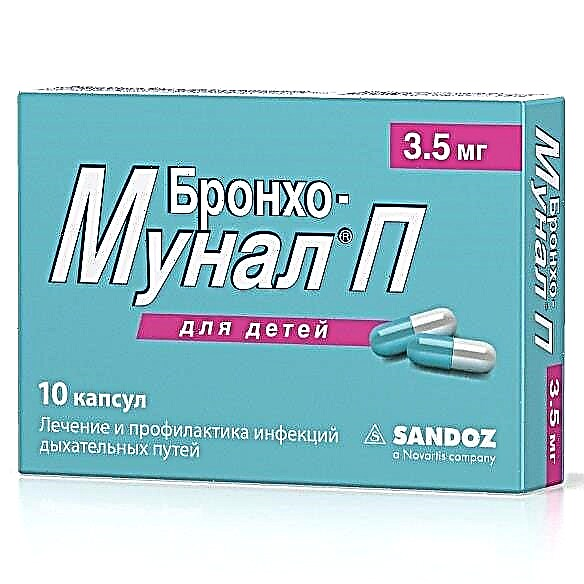
Unlike a general analysis, a biochemical blood test is carried out only according to indications. And when such an examination is prescribed to a child, mothers are interested in what this analysis is for and what can be determined from it.
Why is it needed?
Determination of the biochemical parameters of blood is important for assessing the functioning of the baby's body. These parameters are constant for children of the same age and change with diseases, therefore, on their basis, one can judge the health of vital organs and systems in the crumbs' body. Read about other blood tests in a child in another article.

Indications
This analysis is prescribed if:
- Hereditary diseases are suspected;
- Suppose damage to the internal organs of the child due to various diseases;
- They want to determine the cause of jaundice in a newborn;
- Intrauterine infection is suspected;
- They are going to clarify the diagnosis;
- They want to test the effectiveness of the treatment.
Training
Since the study is carried out on an empty stomach, the child should not consume food and drinks other than water for 8-12 hours before manipulation. When going with a child for such an analysis, choose clothes that will not prevent the nurse from getting to the cubital vein. Do not forget to also talk to your baby about the upcoming manipulation so that he understands why you need to prick the pen and that the inconvenience will only be temporary.
How is blood taken?
In newborns, blood is drawn from the heel with a thin needle. In children older than a month, blood is taken from the cubital vein. The area slightly above is squeezed with a tourniquet so that the pressure in the vein increases and the vessels are more filled. After treatment with antiseptic agents, a needle is inserted into a vein and blood is drawn into a syringe or special tube. Having taken out the needle, a cotton swab is applied to the injection site and the arm is bent at the elbow.

Where can I get tested?
The manipulation is carried out in the treatment rooms of children's polyclinics or hospitals. Also, biochemical blood parameters can be determined by contacting private laboratories.
Norm indicators and decoding
The list of biochemical parameters that can be assessed by analyzing a child's blood is quite large. The study of many of them is carried out only under certain indications. In most cases, biochemical analysis includes the following data:
Compared to adult norms, children have less cholesterol, a different ratio of lipid fractions, lower glucose levels and more lactic acid.
Reasons for deviations
Possible reasons for changes in blood biochemical parameters are:



